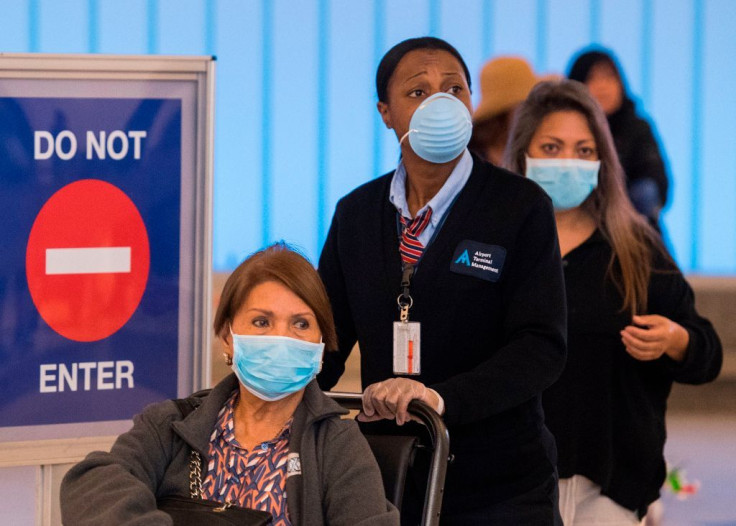Coronavirus Update: Vaccine Almost Complete Years Before Outbreak, But No One Was Interested

KEY POINTS
- There would've been a coronavirus vaccine now if a vaccine candidate had made it to clinical trials in 2016
- This vaccine could have provided cross-protection against COVID-19
- "We could have had this ready to go ... at the start of this new outbreak in China," said Dr. Hotez.
Back in 2016, a team of U.S. scientists were on the verge of developing a coronavirus vaccine but ran-up against the same roadblock that continues to stand in the way of getting lifesaving drugs to market on time: lack of funding from both public and private sources.
This revelation by Dr. Peter Hotez, co-director of the Center for Vaccine Development at Texas Children's Hospital and dean of the National School of Tropical Medicine at the Baylor College of Medicine in Houston, wouldn't have helped prevent the COVID-19 outbreak from occurring, but might have slowed down the disease's spread. Dr. Hotez claims their vaccine could have provided cross-protection against COVID-19.
COVID-19 is caused by a coronavirus, which is the virus type Dr. Hotez's unborn vaccine would have helped combat. Specifically, COVID-19 is a disease caused by a specific type of coronavirus called "severe acute respiratory syndrome coronavirus 2," or SARS-CoV-2.
Ironically, it was a SARS (severe acute respiratory syndrome) vaccine that was developed by Dr. Hotez's team in collaboration with scientists at the University of Texas Medical Branch at Galveston. The vaccine had shown promise in laboratory tests.
Dr. Hotez said he and his team needed to fund expensive human clinical trials which, if successful, would have led to this vaccine being available in pharmacies by this time. He said he pitched the coronavirus vaccine to anyone who would listen, hoping to obtain funding.
"We tried like heck to see if we could get investors or grants to move this into the clinic," said Dr. Hotez in an NBC New report. "We just could not generate much interest."
The vaccine remains in a freezer, no closer to human clinical trials and to commercial production than it was four years ago. Dr. Hotez rues this episode as a massive missed opportunity. He argues SARS (which appeared in 2002), and the Middle East respiratory syndrome (MERS) of 2012 should have triggered major federal and global investments to develop vaccines in anticipation of future epidemics. That didn't happen. In SARS's case, this was likely because this disease simply faded away after less than a year without the need for a vaccine.
"We could have had this ready to go and been testing the vaccine's efficacy at the start of this new outbreak in China," said Dr. Hotez.
"It's tragic that we won't have a vaccine ready for this epidemic," wrote Dr. Hotez in his prepared testimony before the House Committee on Science, Space and Technology on Thursday. "Practically speaking, we'll be fighting these outbreaks with one hand tied behind our backs."
© Copyright IBTimes 2024. All rights reserved.





















